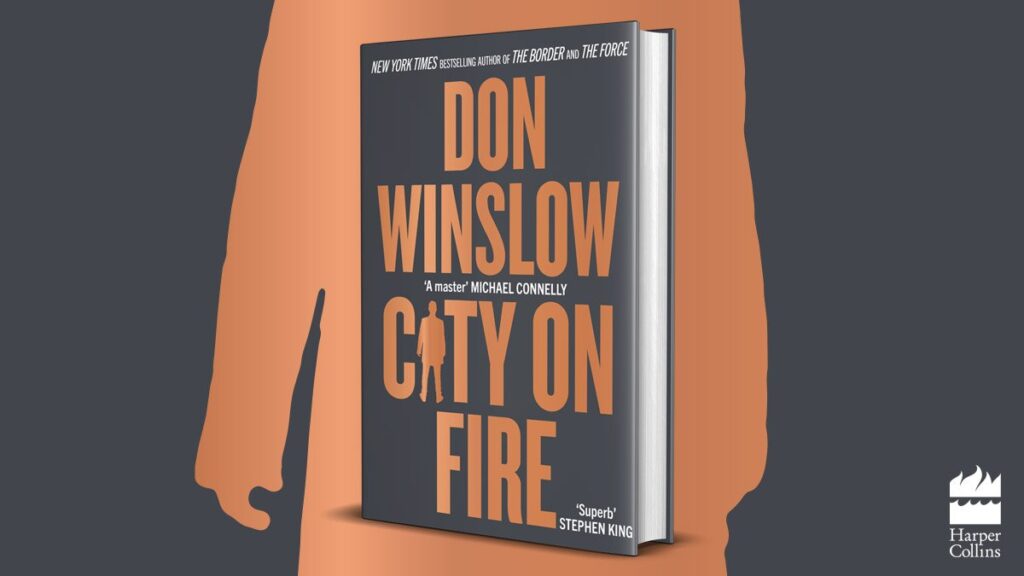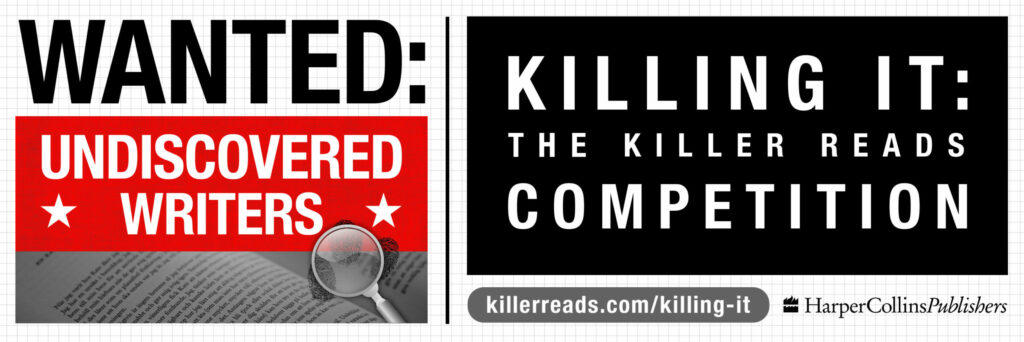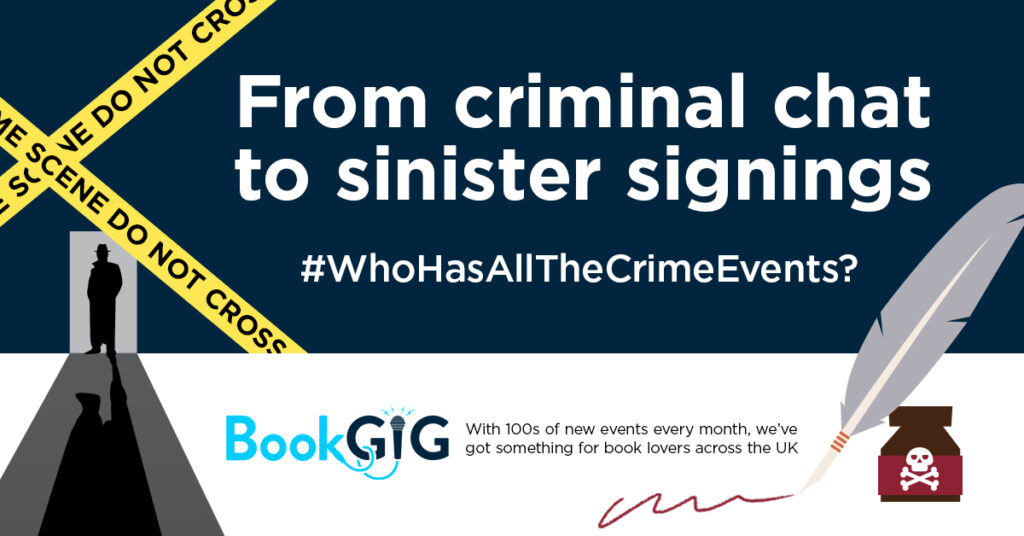 We have something a bit different to share with you today. Nathan Filer’s The Shock of the Fall isn’t a crime novel, but is still a very tense and suspenseful read.
We have something a bit different to share with you today. Nathan Filer’s The Shock of the Fall isn’t a crime novel, but is still a very tense and suspenseful read.
As SJ Watson (author of Before I Go to Sleep) said, it’s: ‘A stunning novel. Ambitious and exquisitely realised, it’s by turns shocking, harrowing and heartrending. The writing is so accomplished it’s hard to believe it’s a debut – it’s clearly the work of a major new talent’.
Sounds good, doesn’t it? So, without further ado, here’s a Q&A with Nathan!
What inspired you to write The Shock of the Fall?
Only published authors get asked what inspired them. If you had peered into my bedroom / office /entire world three years ago, I reckon you’d have gone with possessed.
This was such a challenging story to write, and for the most part unsatisfying – a search in the dark, when I wasn’t even sure what I was looking for. Then on page 248 Mum and Dad cough in their sleep and ‘…we both froze. Simon made a show of it, making his whole body rigid, only his eyes moving from side to side, grinning at me.’
And I think: That’s it. That’s real.
It’s not a sentence anyone will stop to re-read, or copy out into their notebook. But it was the right sentence. I got to see him there.
I’m inspired by those moments; by the process.
Of course I also got to spend time in the company of Matthew Homes, who I grew to like enormously. Perhaps compelled is the right word. I felt compelled to tell his story.
What was it like to inhabit Matthew’s character when writing The Shock of the Fall, especially when he is experiencing such mental turmoil?
Inhabit is a good word. Though I’m not sure who inhabited who. I spent long hours in Matthew’s company, and many of them were those crepuscular hours when all edges seem blurred, not least our own. I definitely felt Matt’s emotional journey (and at times his sleep deprivation) but I also know that I’m lucky. Mental health is such a fragile thing, and – comparatively, at least – mine is robust. Matt was always having a harder time than me; my task was to be sensitive towards him, to be kind.
There is an incredible build-up in the reader’s realisation of what has happened to Matthew and to Simon, how did you create that suspense?
Ah, thank you. It was a challenge writing suspense into the novel, especially since I decided that the main ‘event’ of the story would be signposted so early on. But of course this is a trick of suspense: give some, hold some back. I was always aiming for a page-turner and that demands an underlying suspense to be maintained throughout. I took this task seriously, enrolling on a Creative Writing MA and taking a module in Suspense Fiction. I don’t think there are rules to writing as such, but there are certainly maps to help guide us. The challenge is to then hide these maps from the reader; to let them experience the territory.
Did you read whilst writing The Shock of the Fall? If so, what?
I did read, though had to be careful what. I tried Vernon God Little when I was about half way through, then wrote two chapters with Matt sounding distinctly Texan. They had to go. So I mostly read non-fiction, and a good few psychiatric manuals to boot.
Do you like to read Crime and/or Thriller books? If so, who are your favourite writers?
I read a stack of crime novels for my MA, and it was here that I stumbled upon Patricia Highsmith’s Strangers on a Train. This remains one of my all time favourite books. Bruno and Guy seem totally real, compellingly flawed, drawn ineluctably together and to eventual self-destruction. And at no point do we sense the hand of Highsmith nudging the plot along. Everything that occurs comes entirely from the characters. I think that’s brilliant.
Throughout the novel, you interweave images, letters, chapter headings and different fonts. What is the significance of this? Do you think these elements help in the understanding of the book?
It is central to the novel that Matthew is physically writing out his story, that this process takes time, happens in different locations, and that his life is continuing to move forwards as he writes about it. In the final chapter he sits at the computer for the last time, with all of his printouts and artwork beside him.
This is how I see the piece in my mind: The crumpled stack of Matt’s writing and drawings; the typewriter pages with their smudged ink; the letters from Denise; the words that Patricia cut up and stuck down with Pritt Stick. All left behind in Hope Road Day Centre, on a table in the dark – waiting to be found.
The problem, as my publisher explained, is that this can’t be stocked in Waterstones. The book in your hands is our best effort at a compromise.
This novel explores mental health but it also sensitively looks at the subject of grief and how it impacts one family. Was this something you had intended to explore in the novel, as well as the way we, as a society, handle the subject of grief?
I knew that I was going to kill Simon, so I suppose it should have been obvious. But no. I never expected grief to be such a big part of the story. I think this is a good example of how characters must lead the way.
I kill Simon Homes in chapter one, so of course there will be grieving in chapter two, perhaps a few more paragraphs of grief in three, then a meaningful flashback in chapter seven. It isn’t unreasonable to plan in this way. The cast are entirely fictional; someone has to call the shots. But it doesn’t work because it isn’t believable.
Susan Homes loses her son and her life is shattered by it. Not ruined for a couple of chapters. Shattered. There was never a time when it felt feasible to draw a line under her grief. So the grief stayed.
What would you like the reader to take away from your novel?
A desire to share it.
Thank you Nathan! You can read a free sample of The Shock of the Fall right now!


